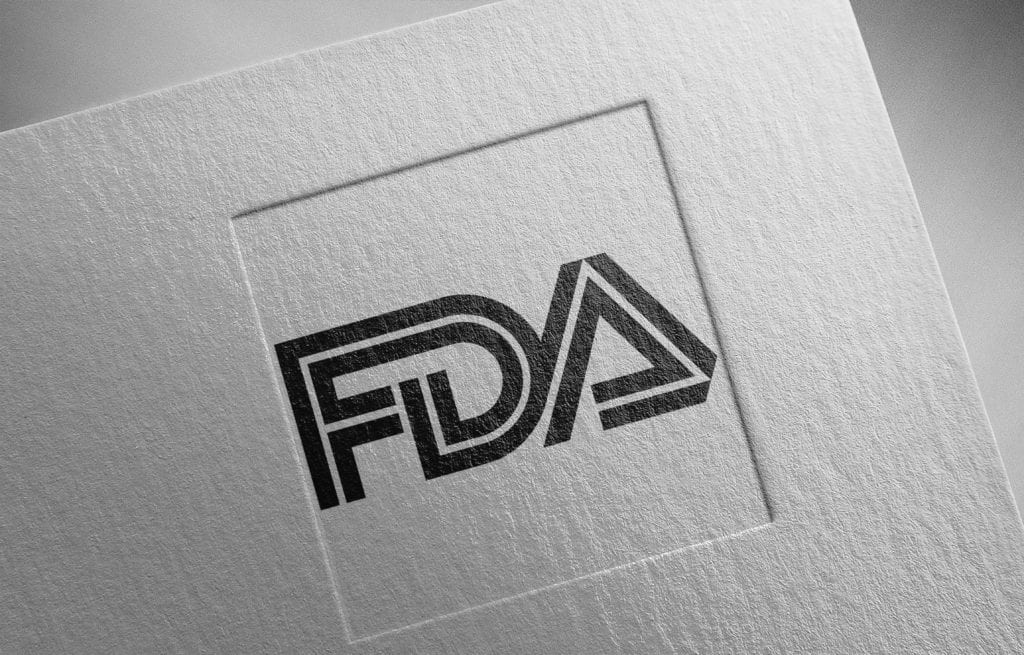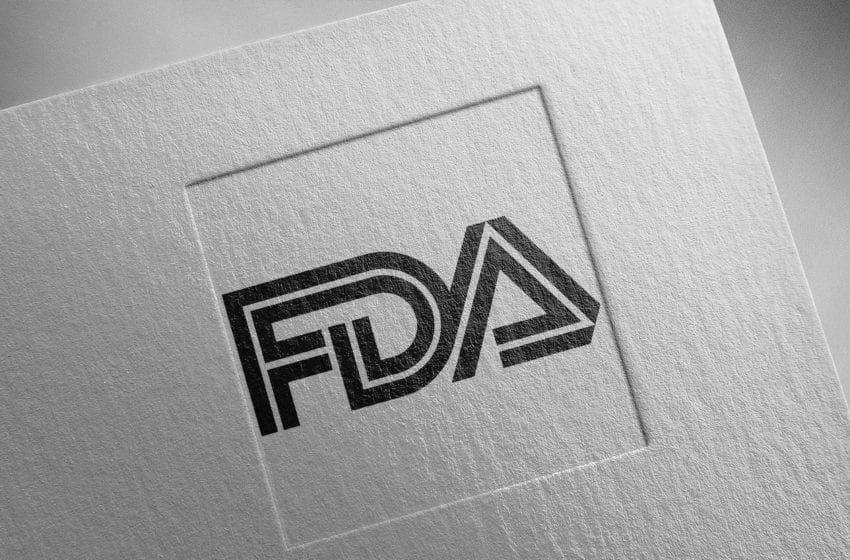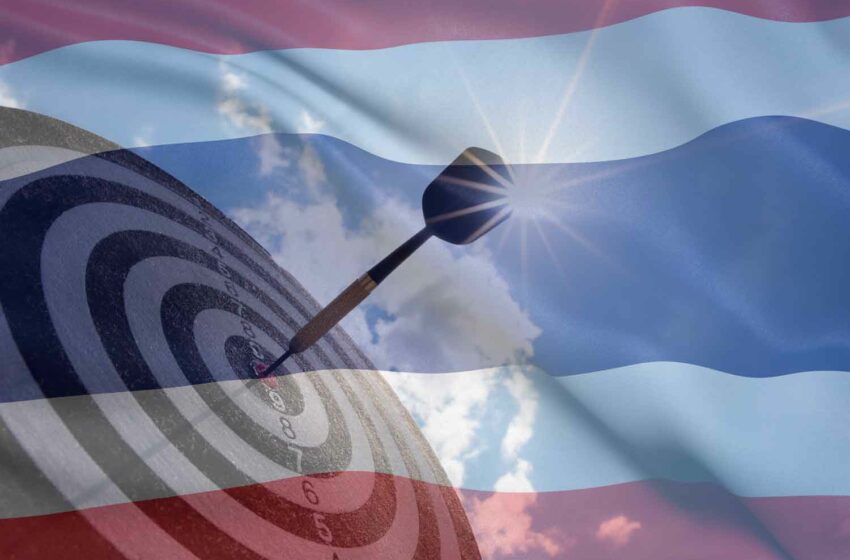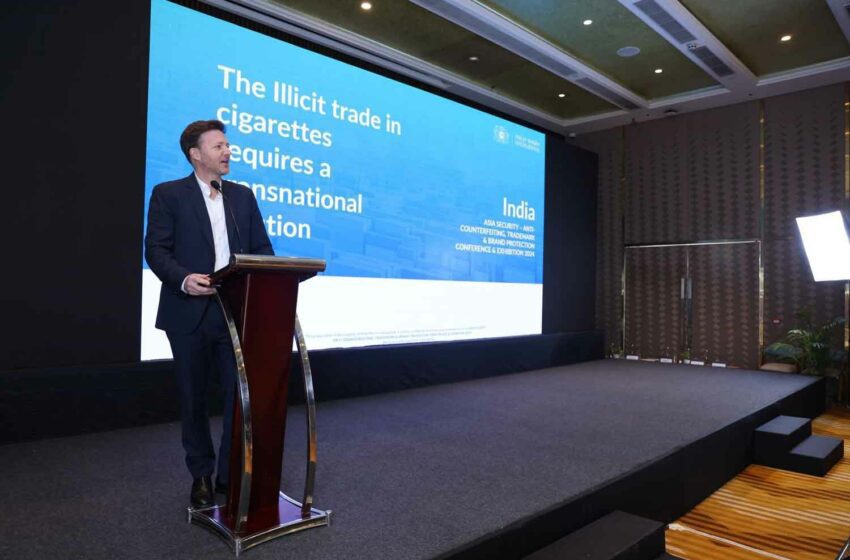
FDA posted the following two regulatory science policy memos related to the agency’s review of premarket tobacco product applications (PMTAs) for new e-cigarette products:
- June 03, 2024: Genotoxicity Hazard Identification and Carcinogenicity Tiering of Constituents in ENDS Premarket Tobacco Product Applications
- June 03, 2024: Calculating Excess Lifetime Cancer Risk in ENDS Premarket Tobacco Product Applications
In general, the science policy memos provide a snapshot of FDA’s internal thinking on a specific topic at a certain point in time. Therefore, the information contained in the memos is subject to change, for example, based on changes in policy, the regulatory framework, or regulatory science, according to a press release.
FDA’s review of tobacco product applications is based on the specific facts presented in each application and is documented in reviews particular to each application. The memos posted today should not be used as a tool, guide, or manual for the preparation of applications or submissions to FDA.
For applicants seeking to market new tobacco products, FDA has issued final regulations, such as the PMTA final rule that describes the required content, format, and review procedures for PMTAs, as well as guidance documents. FDA also regularly posts additional resources, such as webinars and application tips, on CTP’s website and social mediaExternal Link Disclaimer.
In April, FDA resumed the posting of regulatory science policy memos, with a subsequent release in May. The release of these latest memos reflects the CTP’s ongoing commitment to enhance transparency consistent with the December 2022 evaluation of the center by an independent expert panel facilitated by the Reagan-Udall Foundation.



















